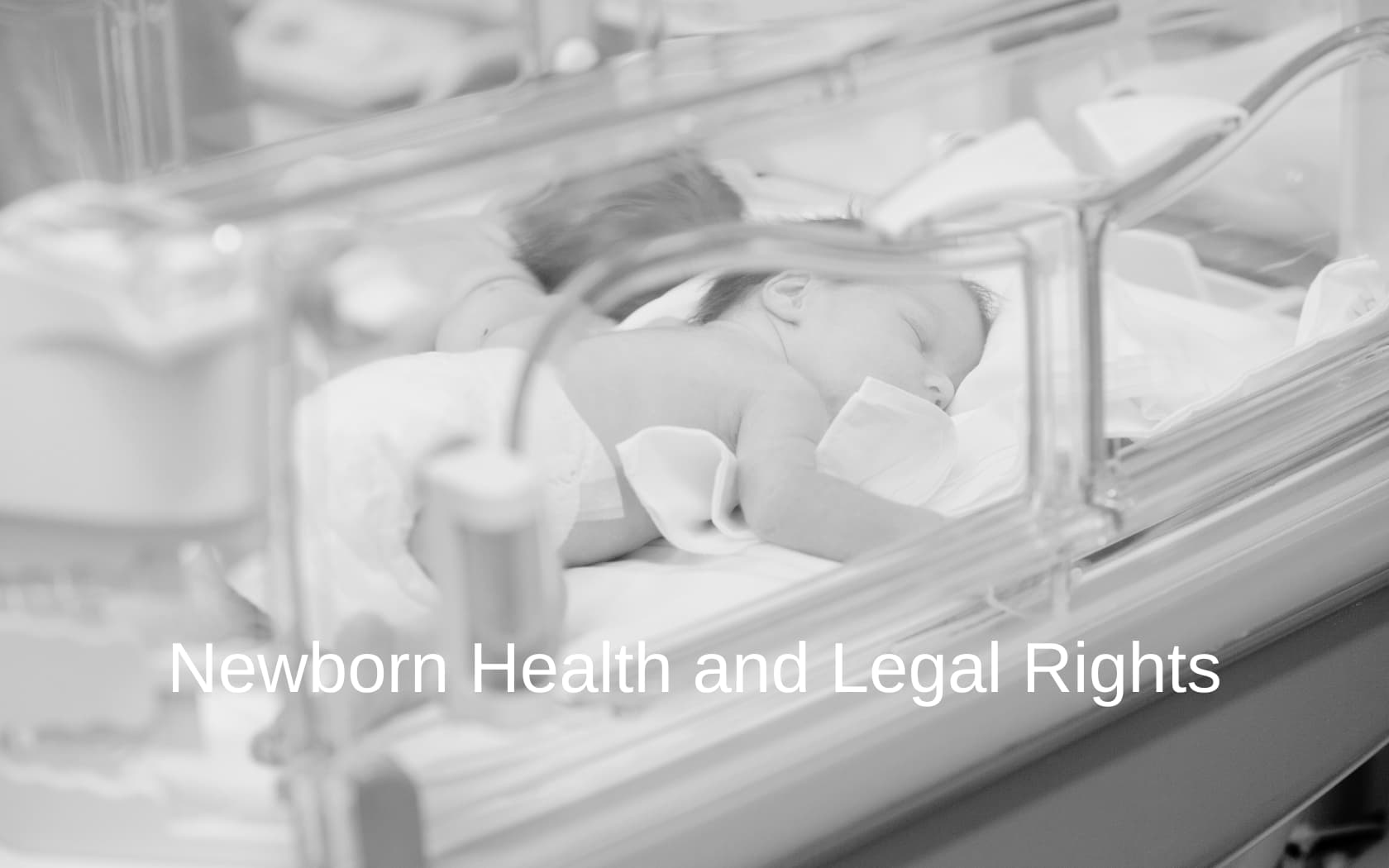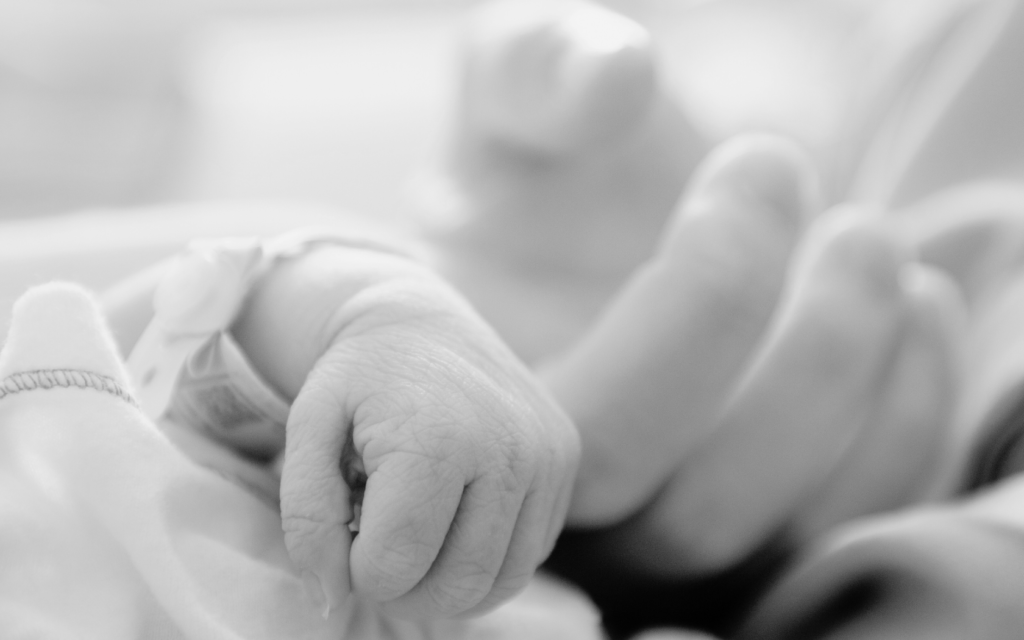Changing your car’s oil is an easy task. But skipping it can have major consequences. The same goes for jaundice. Treatment is simple when it’s caught early. However, untreated jaundice can cause devastating health problems. In this article, we’ll explain what happens if jaundice goes untreated in newborns.

What is Jaundice?
Jaundice occurs when there’s excess bilirubin, a yellow pigment, in the blood. Bilirubin is a waste product produced when red blood cells are broken down.
Jaundice is a symptom of an underlying medical problem. It’s not a disease in and of itself. It’s easy to spot because it turns the skin, mucous membranes, and whites of the eyes yellowish. That’s why there’s no good excuse for a baby getting hurt from untreated jaundice.
Besides yellow skin and eyes, jaundice can cause these symptoms:
- Dark urine
- Pale-colored stools
- Itchy skin
- Fatigue and weakness
- Abdominal pain or discomfort
- Nausea and vomiting
- Loss of appetite
Why Do Some Babies Get Jaundice?
This may surprise you, but jaundice in newborns is common. Some babies are at higher risk for it than others. Reasons why jaundice might develop include:
- Physiological Jaundice. This is the most common reason for babies to get jaundice. Before birth, the mother’s liver processes bilirubin for the baby. However, after birth, a baby’s immature liver has a limited ability to process bilirubin. So a baby might develop a mild case of jaundice that corrects itself on its own within the first week or two of life.
- Prematurity. Premature infants are more likely to develop jaundice because their livers aren’t fully developed.
- Infection or Illness. Sepsis or metabolic disorders can also lead to jaundice.
- Blood Group Incompatibility. When a baby’s blood type is incompatible with the mother’s, the baby can get hemolytic disease. Hemolytic disease can lead to excess bilirubin in the bloodstream.
- Inadequate Feeding. If the baby isn’t feeding well, she’ll have less bowel movements. This reduces bilirubin elimination.

Complications of Untreated Jaundice
If for some reason doctors don’t diagnose and treat jaundice on time, bilirubin will keep building up in the blood. This will cause further health problems. But exactly what happens if jaundice goes untreated depends on what caused it in the first place.
Here are some potential consequences of untreated jaundice in newborns:
- Hyperbilirubinemia (high levels of bilirubin in the baby’s blood)
- Lethargy and weakness
- Seizures
- Increased irritability, high-pitched crying
- Inadequate weight gain and malnutrition because of difficulty feeding
- Kernicterus and brain damage
Kernicterus: Brain Damage from Untreated Jaundice
Kernicterus is a serious condition that can result from untreated jaundice. It’s as rare as it is complicated, only affecting 1 in 44,000 newborns.
Why is it so rare? Because it’s preventable. Doctors usually catch and treat jaundice before it can evolve into kernicterus. They should monitor bilirubin in newborns and provide appropriate care if they identify signs of jaundice.
Kernicterus is a neurological condition. It occurs when bilirubin levels in an infant’s bloodstream get so high they penetrate the brain. Kernicterus can have serious and long-term consequences, including brain damage. The bilirubin that accumulates in the brain can cause injury to the nerve cells, leading to various neurological problems. Some common complications of kernicterus include:
- Movement disorders, like cerebral palsy.
- Hearing loss (the auditory nerve can be damaged by elevated bilirubin levels)
- Intellectual disabilities and developmental delays
- Speech and language problems
- Vision problems
Treatment for Jaundice
Doctors often use a combination of approaches to treat jaundice in newborns. The primary goal is to lower the levels of bilirubin in the baby’s blood. This will prevent severe jaundice and complications like kernicterus.
The specific treatment depends on the severity of jaundice, the underlying cause, the baby’s age, and other individual factors. Here’s what treatment might involve:
- Phototherapy: Exposure to special lights that help the baby’s body break down bilirubin.
- Feeding Support: Adequate feeding is crucial for helping the baby excrete bilirubin through their stools.
- Intravenous (IV) fluids: This provides nutrients in cases where feeding and phototherapy aren’t enough.
- Exchange transfusion: Doctors remove a portion of the baby’s blood and replace it with donor blood.

Untreated Jaundice and Medical Malpractice
Did you know untreated jaundice can constitute medical malpractice? Complications like kernicterus and brain damage can result when medical providers:
- Fail to check bilirubin levels
- Miss or ignore the signs of jaundice
- Fail to treat jaundice
- Discharging your baby too early, while bilirubin levels are still high
If your baby developed brain damage or another complication due to untreated jaundice, contact our birth injury lawyers. You may be able to pursue a malpractice lawsuit. We offer free consultations to help you understand your legal options, and what your next steps may be. Learn more here.




